Gets ready with Man, Machine, Methods, and Parts to address the upcoming new regulation for the auto industry
Story by: Sricharan R
One major change that is coming up in the auto industry is BS VI. From April 2020, all vehicles will have to comply with the new norms. Though the servicing needs of these vehicles will come up only later, the automotive aftermarket solution provider, Lucas Indian Services (LIS) is gearing up to meet such needs of its customers. Established in 1930, LIS provides solutions to a wide range of vehicles from two-wheelers to cars, trucks, and buses, as well as off-highway vehicles.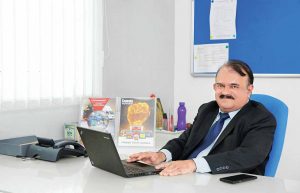
“For us, the change to BS VI starts in the process basic called man, machine, methods and parts. For the parts, we work closely with OEMs and decide on which are the parts that are likely to be changed in accordance with the new norms. Man is making sure that the people are trained for the BS VI products that are about to change. Methods are the process of ensuring the changes by using the parts that are changed, the diagnostics, codes, how different
can it be etc. It is a very important part of the process. And, we also need some kind of equipment and different testing equipment for the BS VI. This is the machine part. With the BS VI we are likely to have a common rail system,” LIS, President, S Muralidharan, told Auto Components India.
“Going forward, the direction will change the path and the machine we work. This is where we are preparing ourselves. Recently, we modernised our Mumbai workshop and we are equipping our own workshops first. By the time the BS VI hits the market, we will be ready with the service,” he added.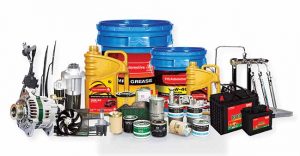
LIS also provides service solutions in auto electrical products and in the diesel fuel injection system. Specialized training is provided to service dealers, vehicle manufacturers, state transport undertakings, defence establishments, and fleet operators. They cover the entire country through its 4 regional offices, 3 central warehouses and 29 branch offices with stock points. In addition to its 20 company-owned workshops, LIS has established a dedicated network of over 150 distributors, 2,000 dealers, 550 service dealers, 15,000 retailers, and 30,000 registered auto electricians/mechanics. The company offers a wide array of brands, including ‘TVS Automotive’ and ‘LISPART’, and represents brands like Lucas TVS, Delphi TVS, CAV, and BERU.
“We are not competing with the OEMs but we want to create synergies with them benefiting the end-users. In some cases, we ever work along with OEMs and we are comfortable with it. We do not see that this would stop with BS VI as it is a journey. With BSIV, people had an idea about digital and this is an upgradation to it. This will keep evolving,” Muralidharan said.
One major threat to the aftermarket industry is the presence of spurious parts. On this, the president said, “From BSIV, there is a downfall in the spurious parts. Because you need a diagnostic tool which is not easy. In the past, the tolerance levels were higher and now it has changed. Emerging technologies and customer awareness have brought them down. People have enough information on their fingertips now. Will these be completely eliminated, possibly not, but will come down. A recent ACMA study said that it has come down from 33% to 15%,” he said. 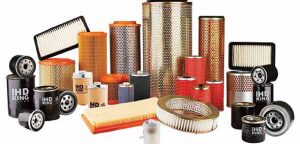
Car Plus
The car that run on the roads now are more moving electronics than oving mechanical parts. There is so much electronics parts inside a car. These parts cannot be accessed easily by the mid-size or low-end garages. To help them LIS has come up with a dongle called Car Plus. It is a piece of diagnostic equipment and a cost-effective one. “We believe it is unique because it gives the service instructions on how to repair. We are seeing this as a cost-effective solution for the mid-size garages. We also support them technically. When installing or repairing, LIS supports them from behind. We are not looking at the mass market for this,” he said
Commenting on the company’s business model, Muralidharan said LIS is a multi-brand and it will continue to be like that. The online business is picking up, but not as fast as expected. Maybe the customers want to have a relationship with the sellers. They now look for the products online and go and buy them in a shop. “If there is a new brand in the market, we will have the parts for it. If an EV comes in we will be ready for it too. We have tried that out in Lucknow. So, it is a constant exercise for us to fill up the product portfolio and will always be multi brand. We want to be present everywhere as possible. We will not be an end to end service provider, rather be an aftermarket solution provider. We will have everything that customer needs. That is where we are looking at. If they need a starter, we give them. They need a diesel pump, we give them that too. We are in a group and we go by what the market demands,” he said.
“It is not just the cost of repair. It is going to be how less you repair and how quickly turn it around. That is the direction we hope to move into our workshops. We started our own workshop because we learn more from it and slowly we can spread the knowledge down the line.”
LIS is exporting to neighbouring countries and has plans to expand it further in the future. Wherever the Indian products go, LIS follows, he said. They do not want to be an export house and be service-oriented one. “The aftermarket business is worth about Rs 65,000 crore. There is hardly anybody doing Rs 2000 crore. There is a lot of space for us to grow. The old vehicles will not go away in a hurry and there will be more vehicles that need to be serviced. The product portfolio will change, the repair instructions will change, But, it is what we need to be prepared for. Not the size of the market as that is the least of the issue,” Muralidharan said. ACI



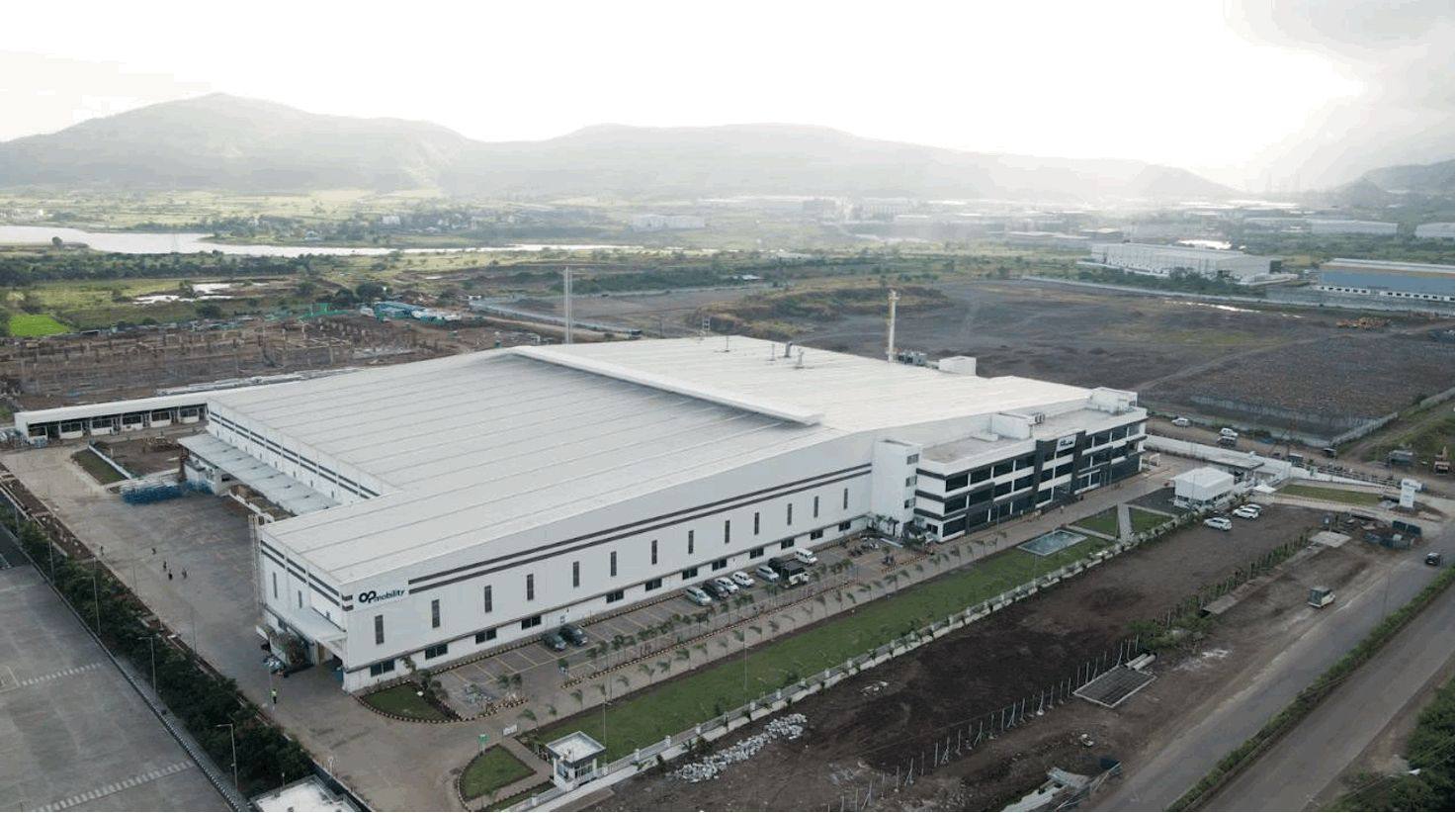
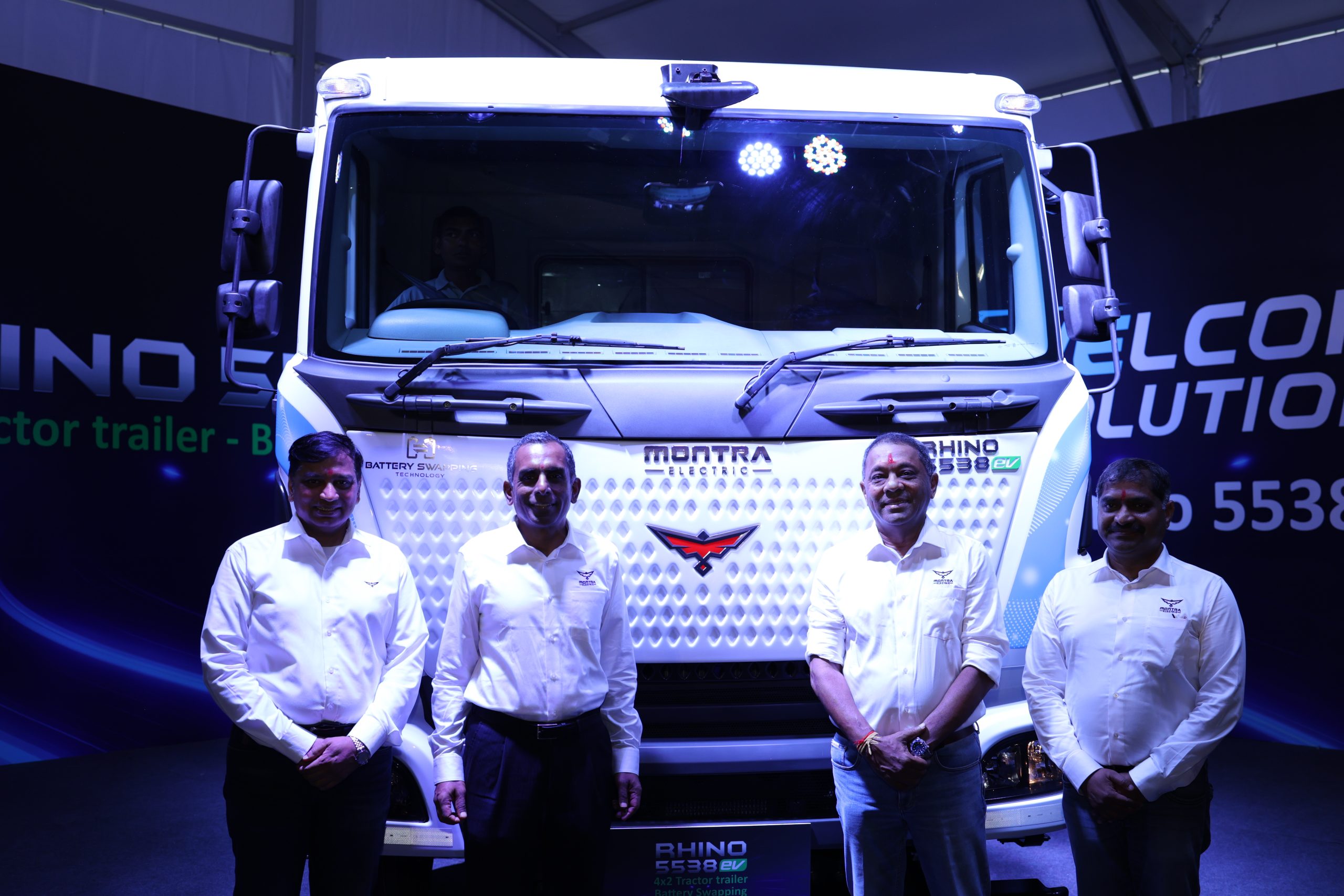
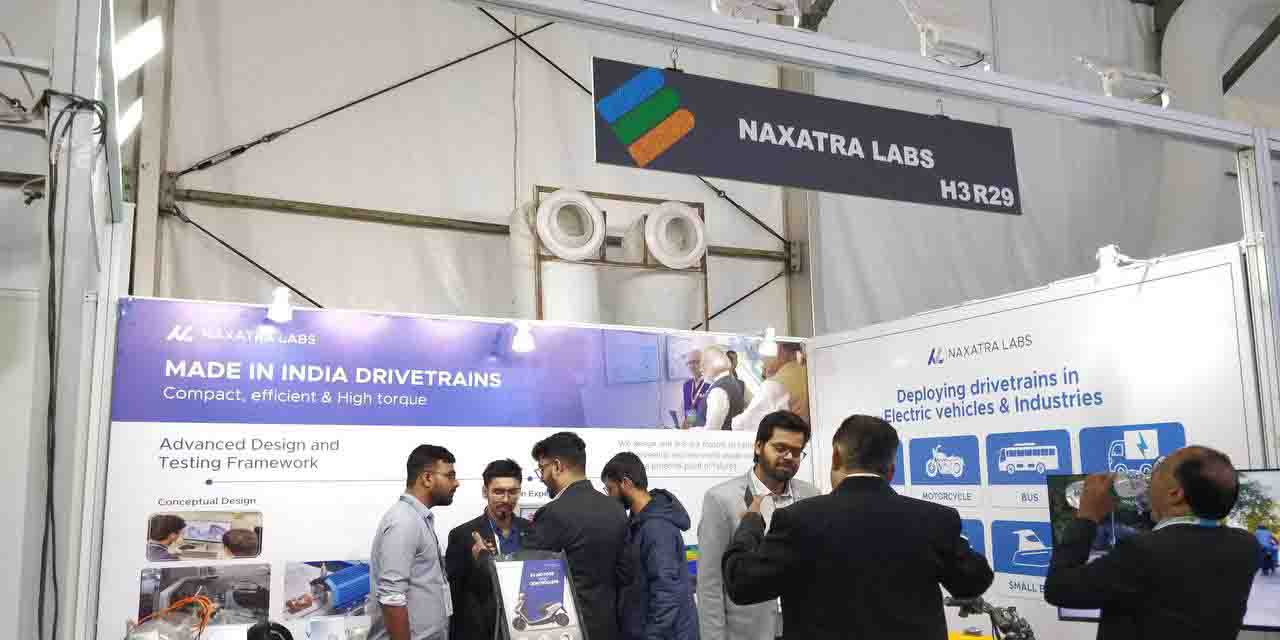
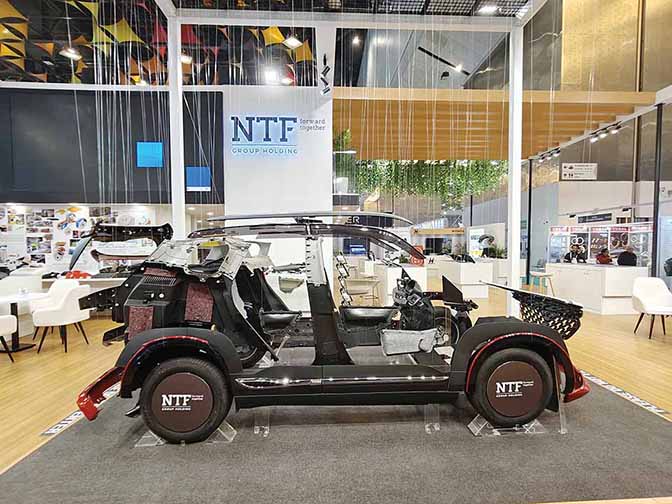
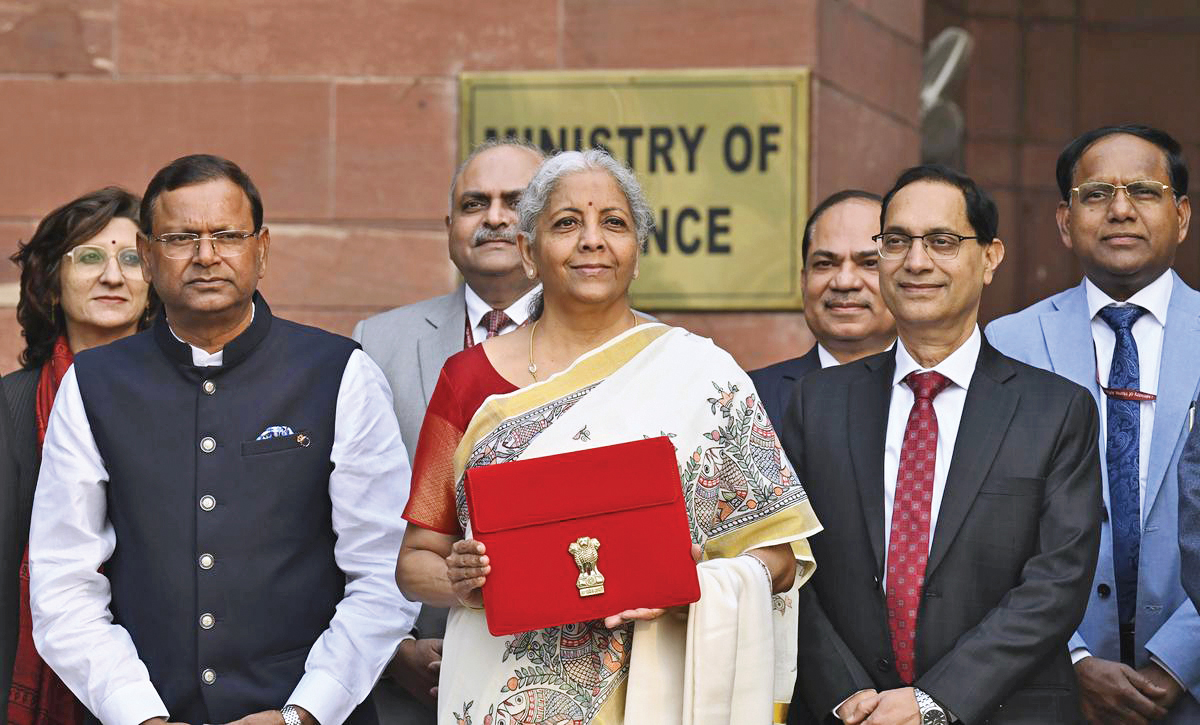
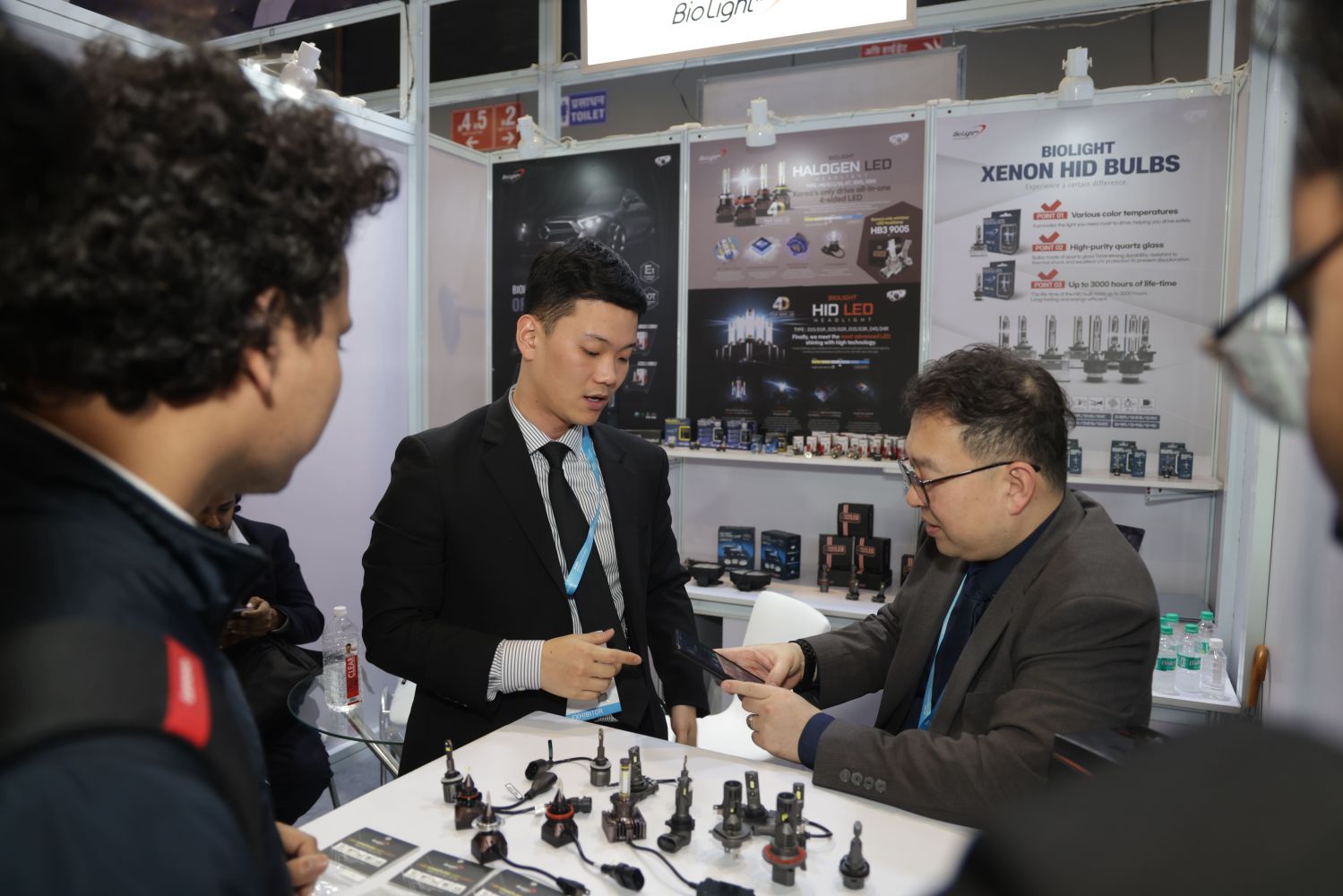
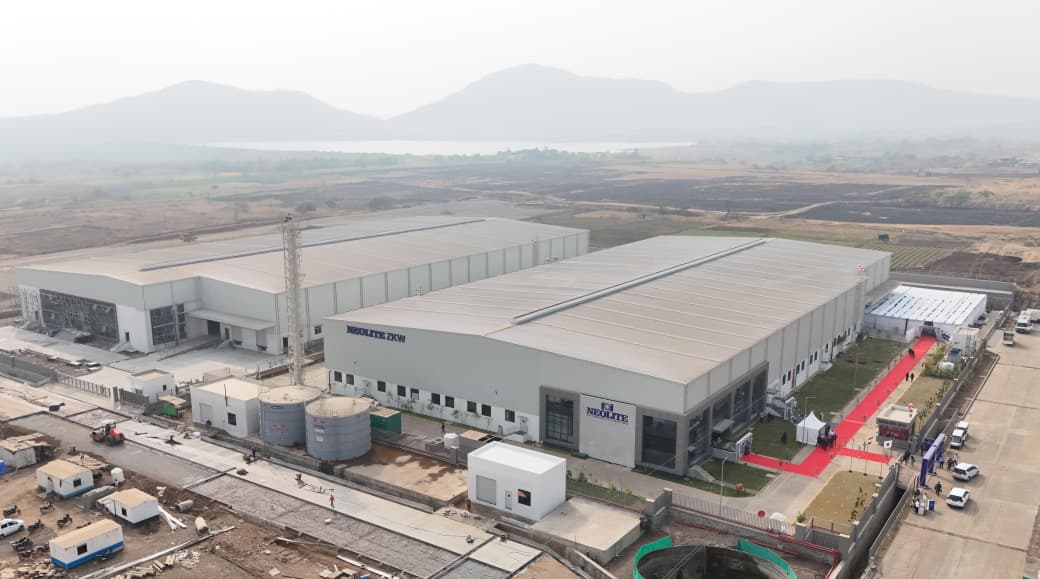
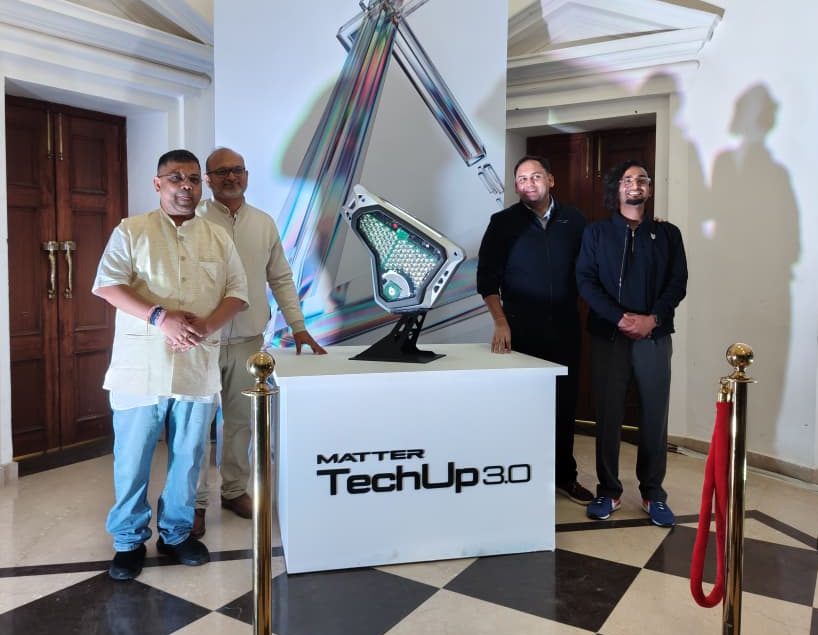
Leave a Reply